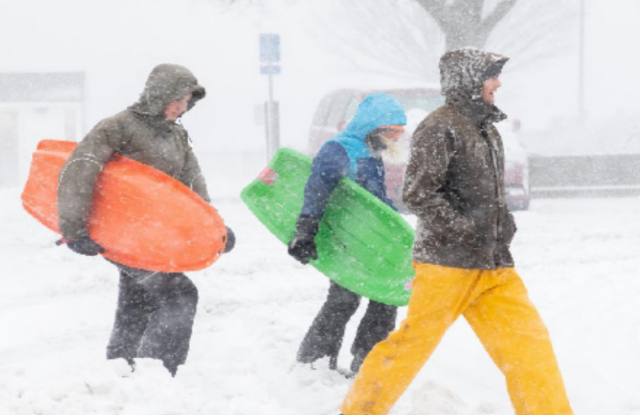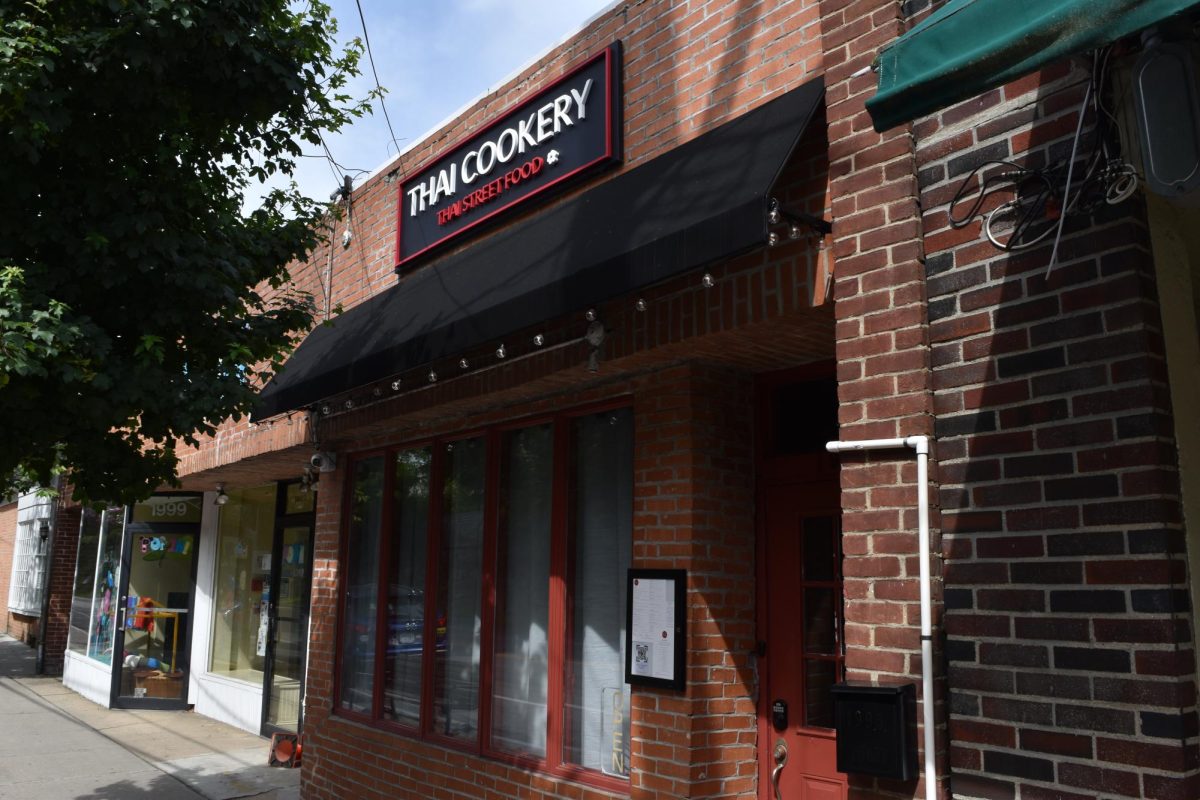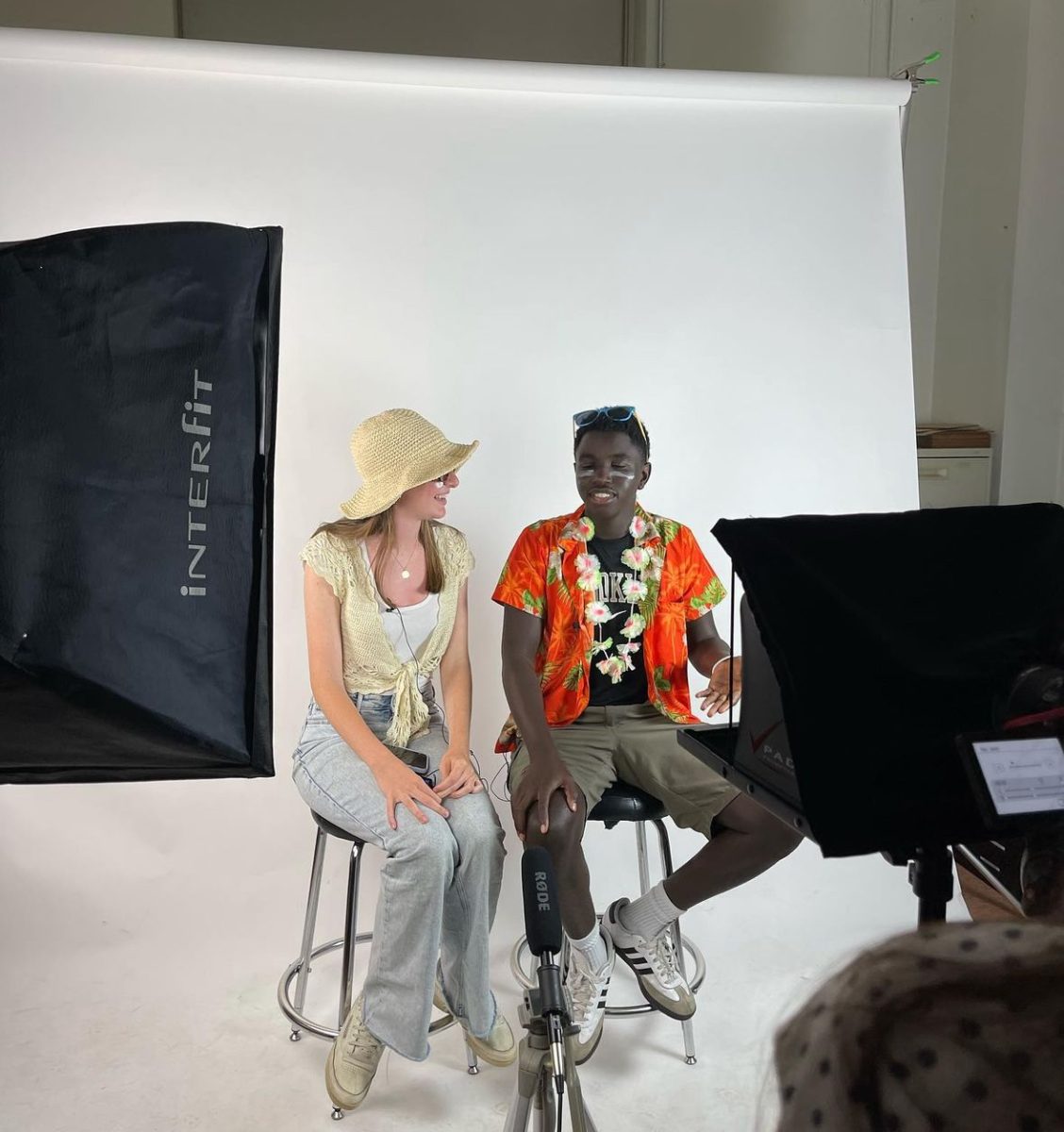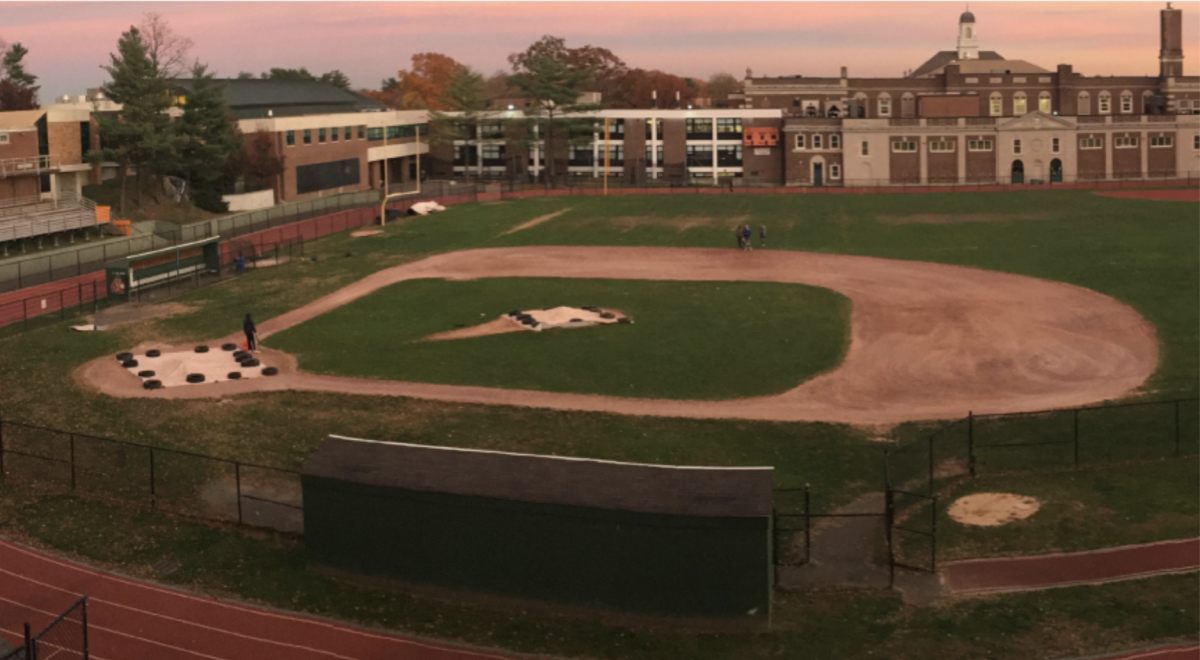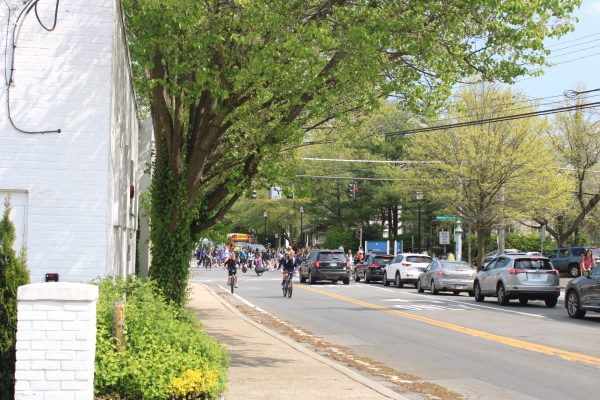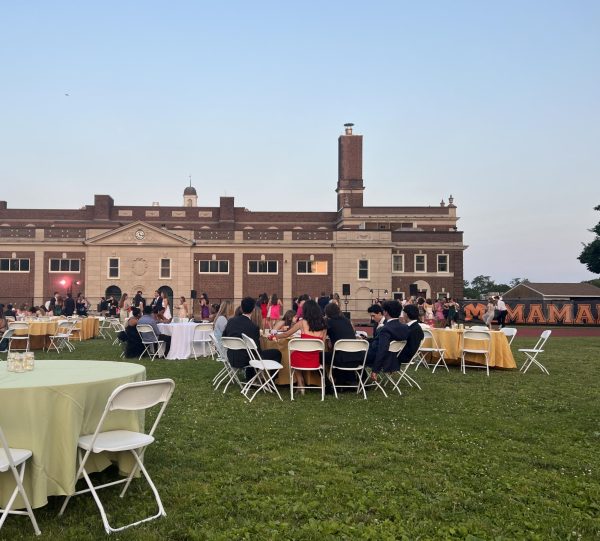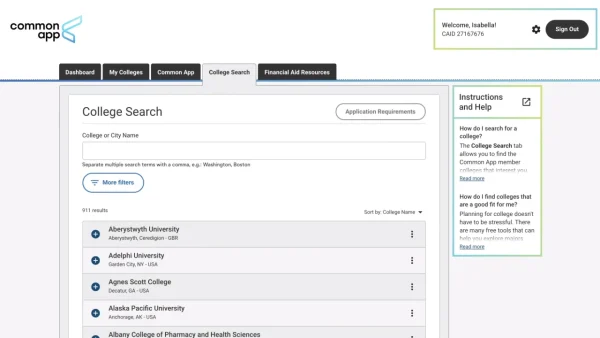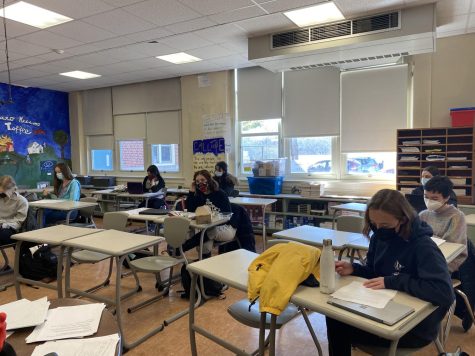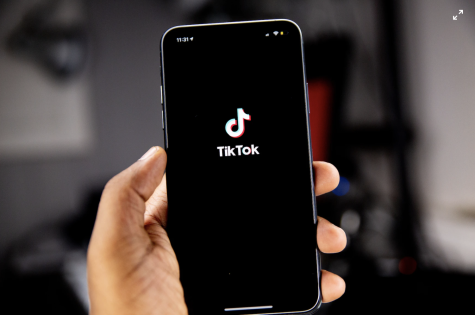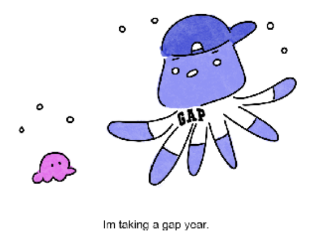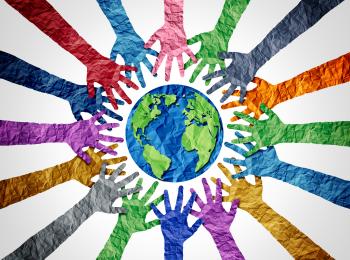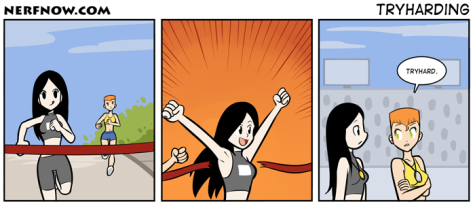Snow Days Must Never Turn Virtual
A reminder of carefree childhood days, snow days should remain a haven of fun without turning to Zoom or asynchronous learning.
Photo Courtesy of @NYTimes on Instagram
A group of friends enjoy sledding on a snow day in January 2022.
February 28, 2022
As we all know, the COVID-19 pandemic has had huge effects on all students’ lives. However, there is one age group of students who have particularly suffered from the changes the pandemic has brought about. In March 2020, the Mamaroneck School District closed schools and began utilizing Zoom and asynchronous school days as a safe, alternative way for students to learn. Now, since these tools are available to us, it has been under consideration to replace snow days with at-home Zoom or asynchronous days so as to not possibly lose days of vacation, like many schools in New York City have already implemented. To older students, this may sound reasonable, but to younger students who have grown up with COVID-19, this is yet another childhood experience lost to the pandemic.
When we were little, snow days were a time when we made some of our most treasured childhood memories. Going sledding, building snowmen in the front yard, having snowball fights with our siblings, and then coming inside for a mug of hot chocolate were joyful times and the highlights of our school year. But for the younger kids growing up during the social-distancing and remote learning, the meaning of a snow day could be radically different. “When I was little, on a snow day I got to relax with my family and play outside. It was a day every once in a while where we didn’t have to get up early or do school work,” says Emma Kane (‘23). If kids have to be on a computer, they lose the real effect and experience of a snow day, on top of everything else they aren’t able to do during COVID-19. Emma Ingram, a fourth-grader at Murray Avenue Elementary School, says that “COVID-19 is taking away all the things that we used to be able to do. We can’t even bring cupcakes and desserts to school on our birthdays or anything, which I always looked forward to because it was really fun.” Due to the effects of the pandemic, young kids miss out on many of the childhood experiences that we were able to have. They shouldn’t have to lose snow day experiences as well.
Some people in favor of turning snow days online may argue that asynchronous days are a good alternative to a complete snow day, because they count as a school day and wouldn’t affect vacation days.“Having a break from school is a really helpful reset for the next day, but it shouldn’t take away from our vacations which we work hard to get to,” stated Ella Greenfield (‘25). “We should have the in-between of asynchronous.” This might sound like a good solution, but it has many faults. For example, asynchronous days are not an effective way for students to learn. Carrissa Fitzpatrick, a 9th grade Global History teacher, thinks that, “as a teacher, you tend to review the topic discussed virtually anyway [the next day] to check for clarity and understanding, leaving the possibility of [the class] falling behind as a result of students who might have struggled with the [snow day] task.” Without teacher guidance or being able to ask questions, kids might not fully understand virtual lessons. This results in the same setback in lessons that teachers would experience if the day had been a full day off.
Childhood memories and experiences are what shape us into who we are. Uncontrollable circumstances have taken away many aspects of a normal childhood for kids everywhere, and they deserve to have a COVID-safe experience that could become a treasured memory. School districts need to make allowances for a better school experience for younger kids. They have already lost so much, they don’t need to lose a snow day too.



